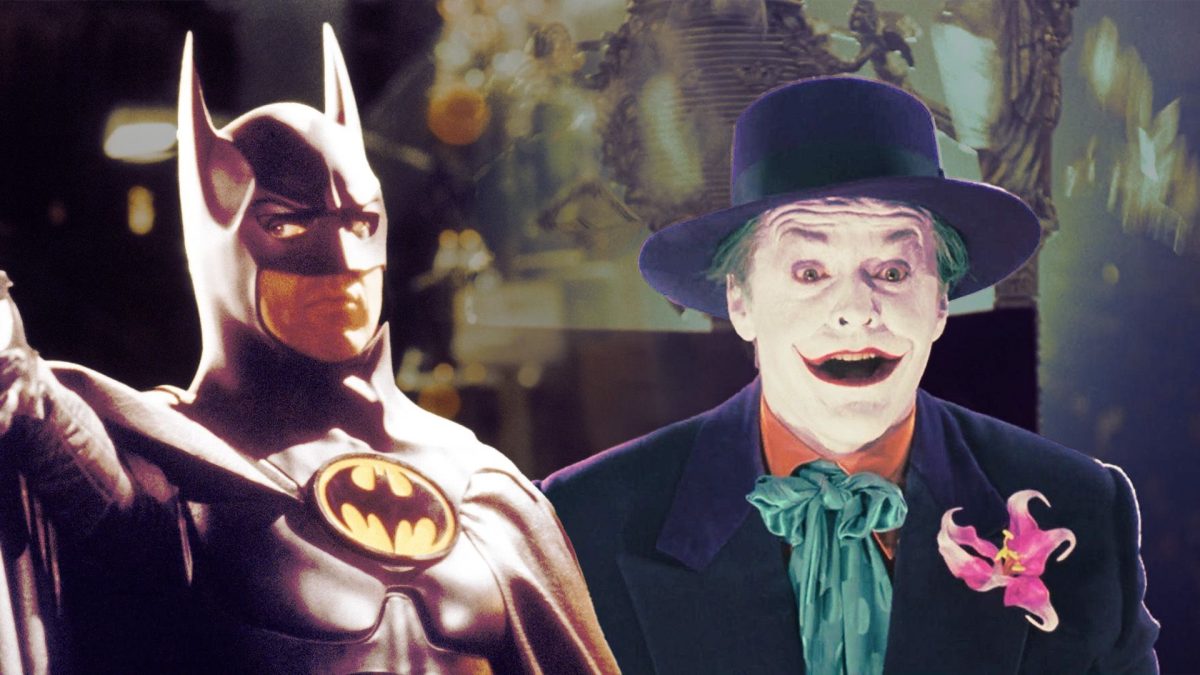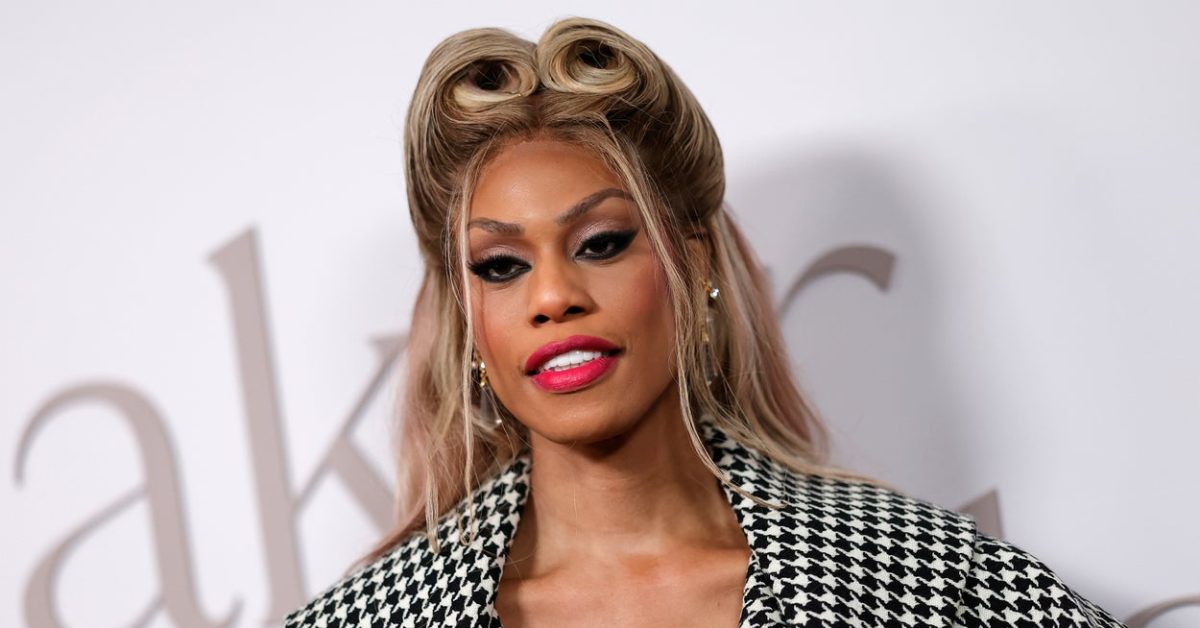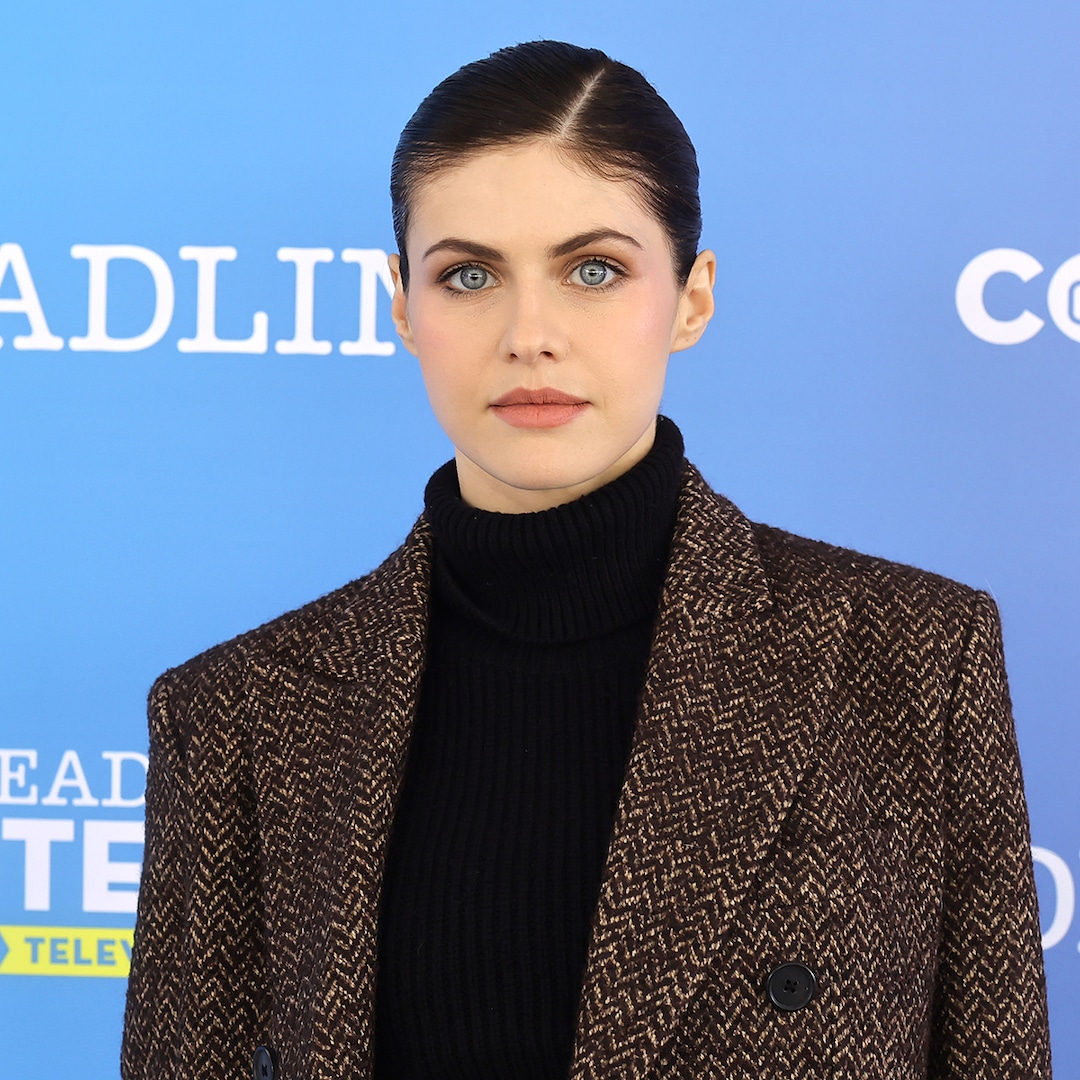
35 Years Ago Tim Burton’s Batman Set a Trend That Still Stands Today
Jun 7, 2024
Summary
Batman (1989) inaugurated a shift in Hollywood towards maximizing profits through merchandising and franchises.
This film propelled the “blockbuster strategy,” pushing studios to focus on opening weekend box office numbers at the detriment of the long-term success of the film.
The post-Batman era favored remakes, sequels, & reboots that sold well despite language barriers, leading to a death spiral for romantic comedies and dramas that did not sell nearly as well overseas.
Cluttering arguably the all-time greatest summer slate of action films ever, in a small window of time theaters witnessed the procession of gargantuan IPs flex their muscle. Facing off that summer for the public’s attention included Star Trek V, a fresh installment of the James Bond franchise, and a third Indiana Jones outing. Lethal Weapon, Ghostbusters, and Back to the Future each received well-deserved sequels too, but only a single film mattered that June, and that title belonged to The Caped Crusader himself, Batman.
Star Wars and Jaws caused a temporary blip in the climate of Hollywood in the late ’70s, but it’s easy to forget that the Star Wars films increasingly made fewer dollars between ’77 and ’83, as did the Superman franchise, which withered away for 20 years after two very disappointing sequels in the mid-’80s. The less said about the Jaws film made in the ’80s, the better. Action films maintained their appeal, but until ’89, no one really seemed willing to risk it all on an all-or-nothing gambit. Without Batman, there probably wouldn’t be any Jurassic Park, Star Wars prequels, Matrix, or MCU.
After 35 years, things are finally changing, maybe. Arguments over superhero fatigue, inflation, or political messaging are beside the point. Three-plus decades of riding Bruce Wayne’s coattails ain’t bad. We’re not saying that Dead Poet’s Society would have done better with a Happy Meal toy from McDonald’s, but after the merchandising bonanza from the Tim Burton film, you couldn’t have blamed the producers for entertaining the thought.
The late ’80s, in retrospect, were practically art house theater when contrasted to the last three decades. Regardless of how dark or weird the subject was, just about anything had a chance of succeeding. It gave way to a ’90s boom, a period where to be a cultural phenomenon a blockbuster property had to have an existing fanbase and lots of tie-in promotional junk to break even.
Batman (1989) Release Date June 23, 1989 Runtime 126 Writers Bob Kane , Sam Hamm , Warren Skaaren Expand
Warner Bros.
Post-1989, if you weren’t cross-promoting to maximize profits, you might as well be flushing your cash down the toilet. Keep in mind, this film popularized the idea of selling multiple soundtracks, WB not letting a good thing go to waste. The Batman logo became a fashion statement. Tipping their hat to George Lucas — whose Star Wars licensing deal made him filthy rich by itself — Warner Brothers made it evident that the money wasn’t in just the movie, but exploiting fans’ zeal. You either got on board the cultural bandwagon or were left out of the loop, stranded on the sidelines of every conversation, aka FOMO.
After Batman, big-name films were expected to move soundtracks, toys, apparel, collectibles, and spawn a couple of sequels to capitalize on fan hype. You can also credit Indiana Jones and the Last Crusade, Lethal Weapon 2, and Back to the Future Part II, all of which made a killing at the box office that year. But it was Batman that drove the blockbuster bus, Michael Keaton even admitted on David Letterman that the whole thing had gone out of hand. It wasn’t unprecedented, but it had never taken on this scale. Studios evolved or died.
As author Peter Kunze notes, Warner Brother’s entire entertainment plan was redrawn overnight:
“Batman’
s success signaled a new day in Hollywood, doubling down on franchises and blockbusters — a strategy in direct opposition to tight budgets and minimal risks at Disney (and at Touchstone, in particular).”
At the onset of the following decade, small intimate dramas, and gloomy character studies about dark themes were being phased out. In the wake of Batman, Disney immediately turned their planned animated Dick Tracy property into a full-fledged, live-action, superhero blockbuster. The company that became famous for pioneering animation grew to perceive old-school cartoons as too arduous and expensive to bother with. While the costs of making animated films have changed, Disney’s long-term intention to ditch animation has only strengthened.
Related What Was the First Hollywood Blockbuster Movie? Blockbusters are defined by big-budget productions that aim at commercial success and great theatrical runs, but what movie started it all?
The Generation-Defining Shift in Cinema
MGM
Take a look at the US box office stats from the 1989 yearly financial review on Box Office Mojo, and you’ll observe something alarming: rom-coms were once actually profitable. In the top 10, only four movies are sequels, and only one remake or reboot can be seen in the top 34. Burton’s aforementioned Batman being the reboot in question. Of the top 10 films ending that fiscal year, you’ll notice earnest, low-budget comedies like Parenthood and one legit tragedy in the form of Dead Poets Society.
It’s easy to forget that Tom Cruise’s bittersweet family dramaRain Man generated more money internationally than Top Gun. Half of those ten films could be classified as primarily comedic movies rather than action flicks. Just outside the top 10 were yet more comedies: Uncle Buck, When Harry Met Sally, and Turner and Hooch. Not a horror film in sight.
Related The Greatest Flop of All Time Didn’t Kill Its Studio, It Was a Sacrificial Lamb Carolco is the only company that ever overdosed on blockbusters.
It was the end of the era. Look no further than the demise of the film production company Carolco for a cautionary tale of chasing the trend. Even when you can manage to consistently pump out fantastic, quality moneymakers, that didn’t mean that you were ever safe from bankruptcy, as the stakes had been raised and costs to finance these movies skyrocketed.
For every studio that went all in making massive-budget films, many more were left out in the cold, going the indie route (a phrase no movie buff in the ’80s had ever heard of), or worse, gobbled up in a storm of corporate acquisitions. Small companies like DC and Marvel lacked the cash, and large conglomerates (Disney, Sony, Time) lacked a big enough back catalog of intellectual property to milk in the form of movies, games, and TV shows. It was a marriage made in heaven. It started with one film.
1989 Box Office Top 10
Movie Gross 1 Batman $251,188,924 2 Indiana Jones and the Last Crusade $197,171,806 3 Lethal Weapon 2 $147,253,986 4 Rain Man $139,602,956 5 Honey, I Shrunk the Kids $130,724,172 6 Look Who’s Talking $113,455,801 7 Ghostbusters II $112,494,738 8 Dead Poets Society $95,860,116 9 Parenthood $95,527,843 10 Back to the Future Part II $93,592,195
Are We Returning to Normalcy or Bottoming Out?
Warner Bros.
The “blockbuster strategy” — as it later was dubbed — was beyond reproach in the industry until COVID struck, the entire prevailing financial model hitting the skids. Streaming put a damper on things, though a few films like the Top Gun sequel injected a little excitement into a moribund box office.
However, the string of duds rolling off the Marvel conveyor belt once again proved that the movie industry is cyclical. Comparing modern ticket sales to the ’89 box office reveals a solidified pattern of remakes, sequels, and reboots, no shockers there. However, cracks are showing, with two of the top three movies of 2023 being original IP, Barbie and Oppenheimer (The Super Mario Bros. Movie is technically a reboot).
Batman’s glorious summer in 1989 was double-edged, says Stuart Henderson. Ever after, entertainment companies suffered from more pressure to squeeze every last drop out of a blockbuster, with execs racing against the clock to beat a kind of expiration date for revenue:
“[
Batman
] played a major role in establishing […] the ‘opening weekend paradigm,’ in which the full power of a multimedia entertainment conglomerate is utilised to generate as much box-office revenue as possible in as short a timeframe as possible, pushing the industry visibly closer to a model in which a film’s theatrical lifespan grows shorter and shorter.”
If this is the time for a reset, then we should welcome it, and look forward to the next blockbuster era, albeit with a breather to organically build demand for whatever genre is poised to take over next. If anything has stagnated creativity and passion, it’s the constant obsession with numbers and opening-day projections, and no one is more guilty of that sort of scrutiny than us in the media.
Streaming has replaced VHS tapes, but nothing much else has changed. An event movie still gets butts in seats. But 1989 was a quainter period, at least for moviegoers. It was a more upbeat, less cynical time when the action figures weren’t photo-realistic and a film didn’t need to earn back half a billion in ticket sales to be deemed successful. You might have never seen it, heard of it, or bought the collectible cups from Taco Bell, but its DNA is found in every summer hero flick you’ve ever watched. For better and worse, the ramifications of Batman are still being felt. Stream on Prime Video or Max.
Publisher: Source link
Mariah Carey Kicks Off Holiday Season with Puppy Interview
Mariah Carey Kicks Off Holiday Season with Puppy Interview It's tiiiiiiiime!!! Forever dubbed the Queen of Christmas, we all know that Mariah Carey's power grows stronger with every day we get closer to the holiday. This year, we decided to…
Nov 15, 2024
Jennifer Lopez Makes First Onstage Appearance Amid Ben Affleck Divorce
Jennifer Lopez Gets Loud in Her First Onstage Appearance Amid Ben Affleck DivorceJennifer Lopez knows how to dance the night away in style. Nearly three months after the "Jenny From the Block" singer filed for divorce from ex Ben Affleck,…
Nov 15, 2024
Laverne Cox Reacts To Donald Trump’s Election Win
Laverne Cox discussed why she's considering leaving the US following Donald Trump's win in the 2024 election. In a new interview with Variety, Laverne said that she and several friends were considering a move: "We’re doing research on different cities…
Nov 14, 2024
Alexandra Daddario Reveals Postpartum Body 6 Days After Giving Birth
Alexandra Daddario Shares Candid Photo of Her Postpartum Body 6 Days After Giving BirthAlexandra Daddario is embracing new motherhood. Days after welcoming her first baby with husband Andrew Form, the White Lotus alum shared a photo of her postpartum body…
Nov 14, 2024











